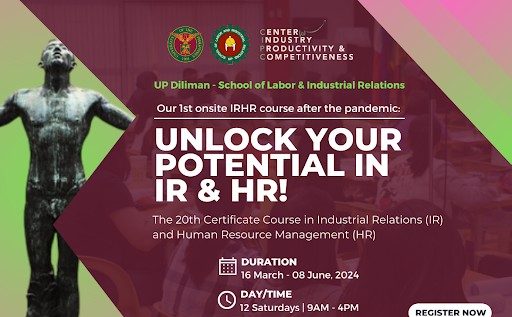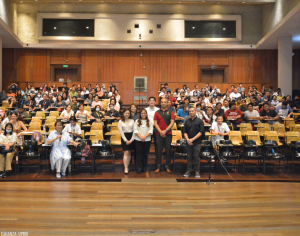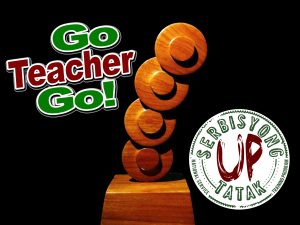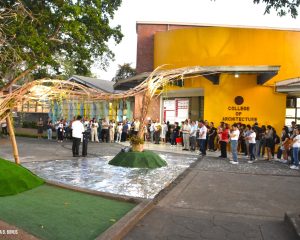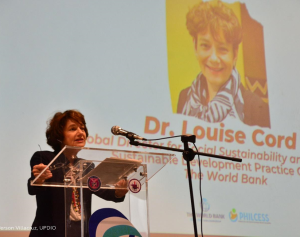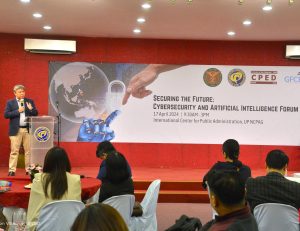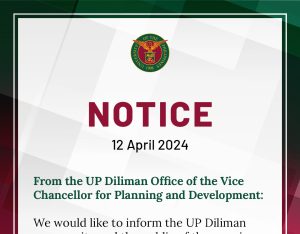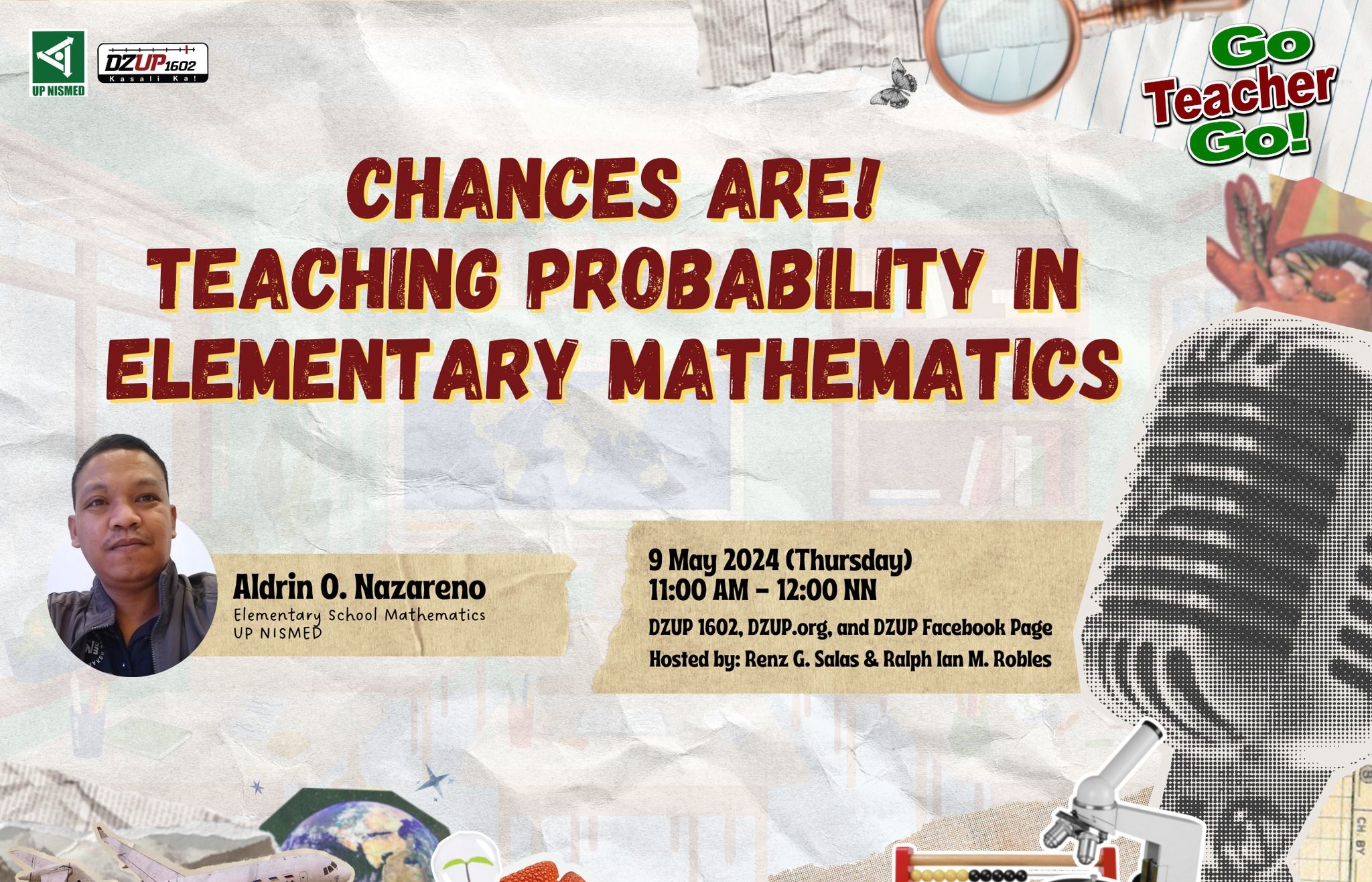UPDate ONLINE
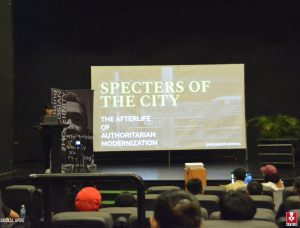
Arki forum recalls elder Marcos’ administration
The first History, Theory, and Criticism (HTC) lecture series was recently launched by the UP Diliman (UPD) College of Architecture (CA) and featured a two-part lecture on urbanism during the administration of former President Ferdinand E. Marcos and the memorials built in honor of the EDSA Revolution that ended it. Recuperating Marcosian Nostalgia: The Politics […]
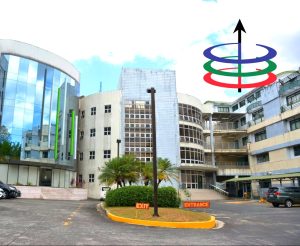
UPD gets 100% passing in Electrical Engineers Licensure Examination
UP Diliman (UPD) gained a 100% passing rate in the April 2024 Electrical Engineers Licensure Examination with two of the examinees landing in the top 10. All first-time 34 examinees from the UPD Electrical and Electronics Engineering Institute passed the difficult exam. Angelo Barrientos ranked fourth with a 93.5% rating, while Sophielynn Valdez ranked 10th […]

PTC-ACBET assesses IE
The UP Diliman (UPD) Industrial Engineering (IE) program continues its journey towards excellence with the visit of a program evaluation team from the Philippine Technological Council-Accreditation and Certification Board for Engineering and Technology (PTC-ACBET). According to Director Aura C. Matias of the Quality Assurance Office (QAO), one major benefit for graduates of PTC-ACBET accredited programs […]
Events
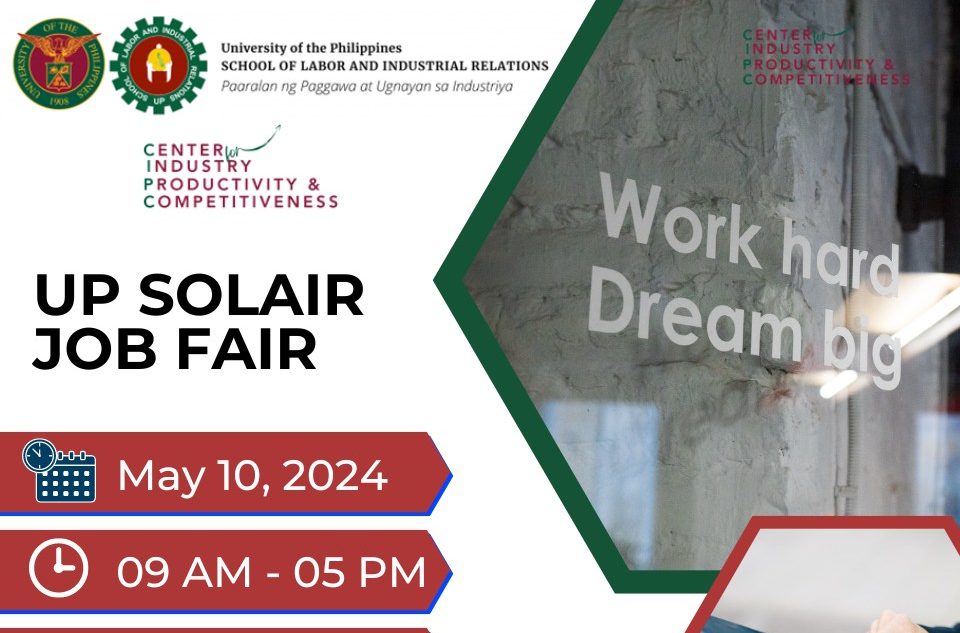
UP SOLAIR Job Fair
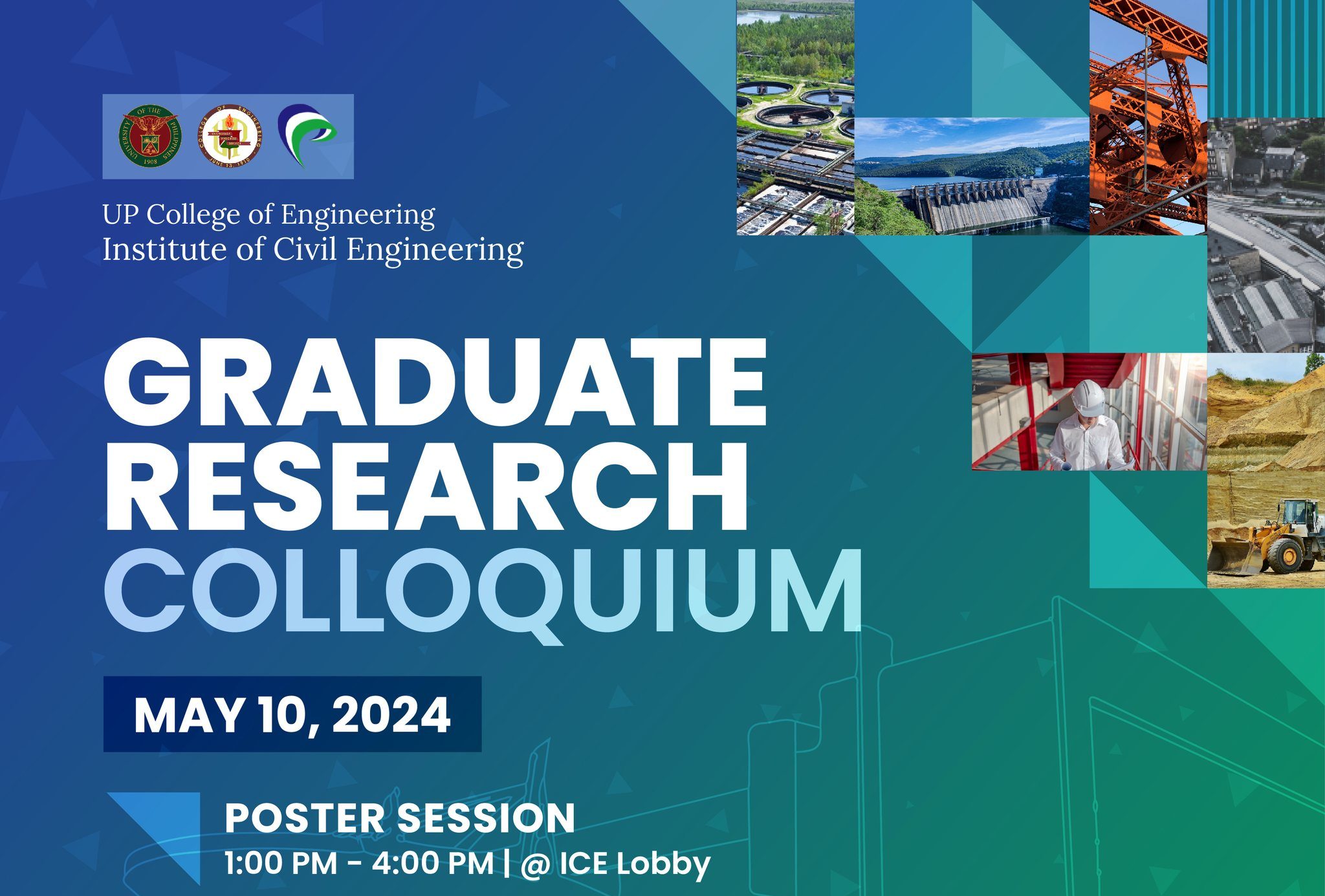
UP ICE Graduate Research Colloquium
